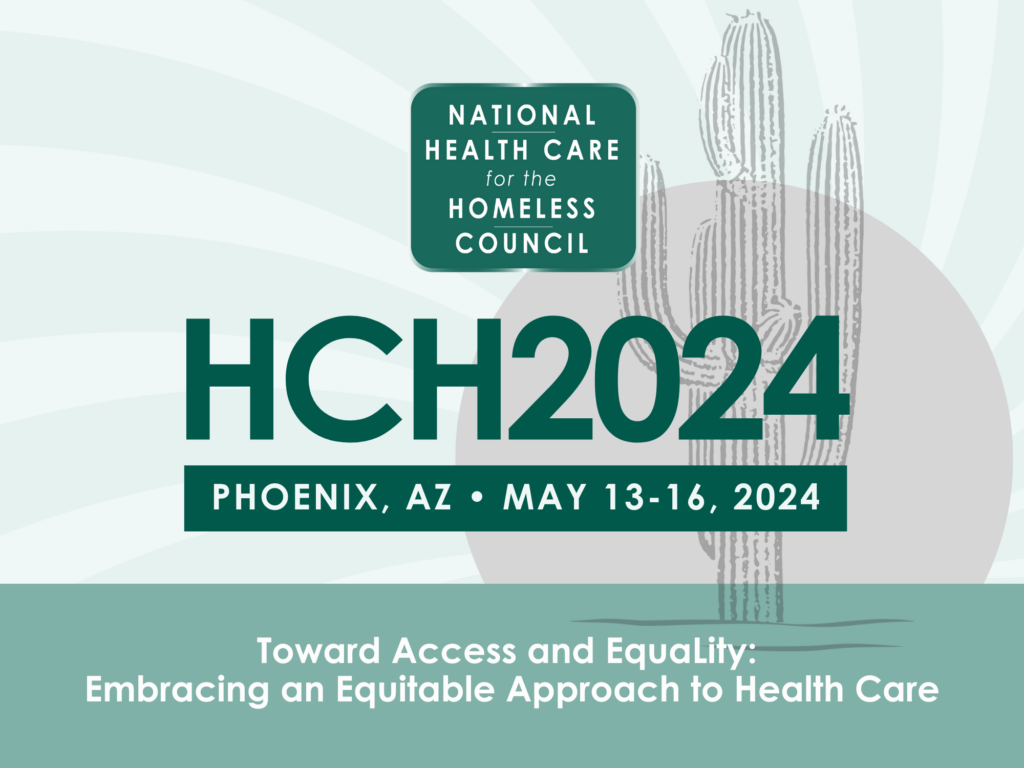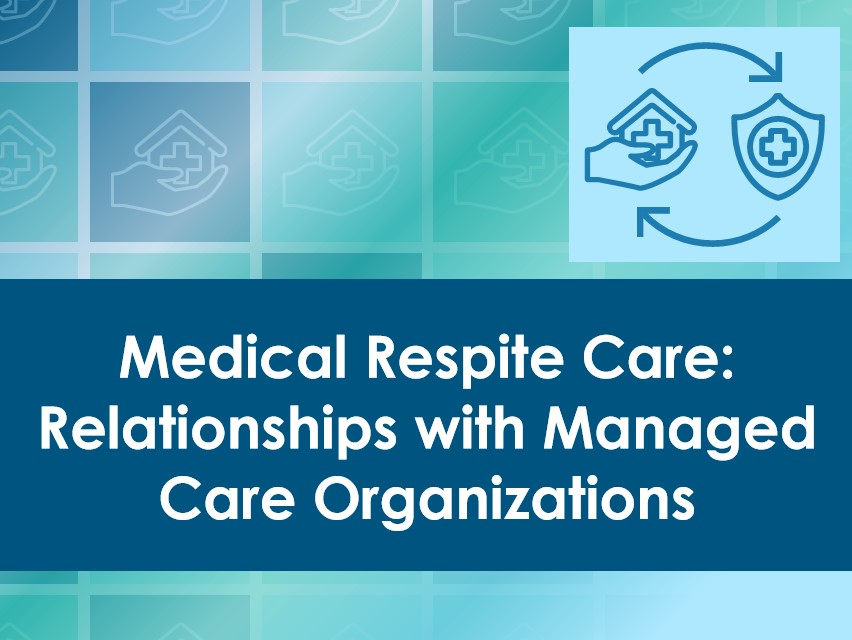Health Care for the Homeless Programs Fact Sheet
The Health Care for the Homeless (HCH) program has been part of the community health center program for 30 years, authorized under Section 330 of the Public Health Service Act. Funded and regulated by the Health Resources and Services Administration (HRSA), HCH programs are a “special populations” category of health centers that are required to […]
Health Care for the Homeless Programs Fact Sheet Read More >>



